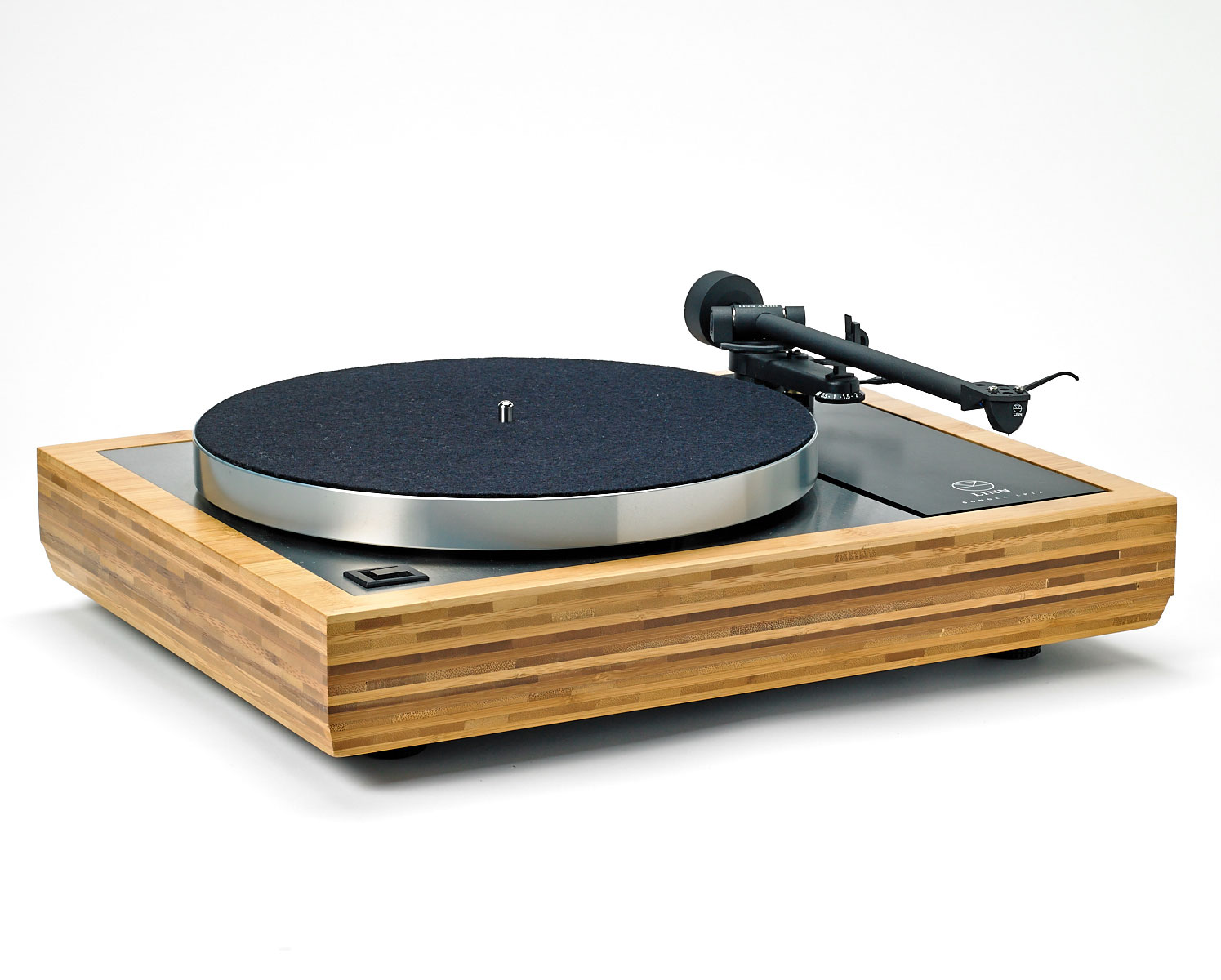People are only now realizing the importance of a turntable plinth. A hefty plinth that stores mechanical energy like a mechanical capacitor should be avoided on any deck with an independently sprung subchassis; instead, it should be light. The issue is that light items aren’t always strong, which is why firms like Linn have typically used substantial hardwood plinths – which are, of course, heavier.
The Booplinth addresses this issue; bamboo is a naturally non-resonant material, yet is very light (being full of air bubbles) and also extremely strong. It’s a fantastic solution, and it’s strange that so few manufacturers are taking use of it. Maybe not, because it’s difficult to machine and can quickly destroy machinery designed to cut traditional woods without breaking a sweat. One could say it’s nature’s carbon fiber
This plinth was developed by Brian and Trevors and manufactured by Quadraspire. The Linn LP12 plinth is machined to extremely precise tolerances from a solid block of bamboo laminate. It avoids traditional plinth construction methods of gluing, screwing and clamping sides and corner bracings; the latter were tried but added mass without improving rigidity and didn’t sound as good. The Linn top plate is secured by only one corner bracing on Booplinth. It costs £1,650, including installation, and comes in a variety of natural bamboo finishes.
I was shocked by how much better a Booplinthed Linn LP12 sounds compared to any of the conventional Linn plinths after hearing an early pre-production sample. With a tighter and more tuneful bass and a crisper, cleaner treble, it gives the deck a quicker, lighter, more melodic feel. Midband is slightly more three-dimensional and evidently more detailed, and imaging has improved slightly as well. A final production plinth will be interesting to sample; these should be ready by September. This is not only a work of art, but it also promises to be a big sonic boost for LP12 owners; it’s not cheap, but it offers a significant improvement in sound.

